Dados do Trabalho
Título
DICER1 syndrome: the spectrum of the disease in a family
Apresentação do caso
Introduction: The DICER1 gene plays an important role in protein translation and microRNA production. The genetic mutation, with loss or gain of function, leads to the DICER1 cancer predisposition syndrome, with autosomal dominant inheritance. DICER1 Syndrome was recently described, with pleuropulmonary blastoma (PPB) being the most common neoplasm related to the condition. Clinical summary: We describe the case of three patients, one female, diagnosed at the age of 3 years and 11 months with type II pleuropulmonary blastoma, with unfavorable evolution, disease progression and death 11 months after diagnosis; her twin brother, without diagnosed neoplasia, and their mother, who presented type I pleuropulmonary blastoma in early childhood, treated with neoadjuvant chemotherapy and surgery, currently free of disease in clinical follow-up. Diagnostic evaluation: ONCOMINE genetic panel - Childhood Cancer Research Assay - was carried out for the three patients, with the presence of the DICER1 gene mutation, deletion type and loss of genetic function, classified as a pathogenic change.
Discussão
Discussion: Currently, with the evolution of molecular tests, it has been identified that the prevalence of pathogenic variants in DICER1 is more common than previously imagined and has relevant clinical implications. Additional analyzes are still needed to assess the penetrance of these variants and their prognostic impact. Today, it is known that one third of patients with germline DICER1 mutations will develop neoplasms. Strict monitoring of children carrying the DICER1 germline pathogenic variant is recommended, with the goal of making an early diagnosis of neoplasms associated with this disorder.
Comentários Finais
Conclusion: We must be able to identify a patient with a disease compatible with a DICER1-associated neoplasm, initiate appropriate testing and to alert the physician to the possibility of a DICER1 mutation.
Área
Genética/Terapia de precisão
Categoria
Categoria Médico
Autores
KARINA AMELIA MORIKAWA, BEATRIZ VALE FARKAS, VANESSA FERNANDES BERTOLO, ANDREA NAOMI KASHIWAGI, LORENA OLIVEIRA, CAROLINA CAMARGO VINCE, GIORGIONE BATISTA LEITE, FERNANDA GOMES GONÇALVES
